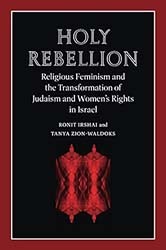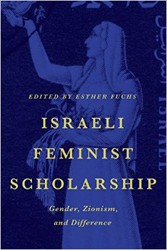By
– July 30, 2012
Margalit Shilo, a professor in the Land of Israel Studies Department at Bar- Ilan University, surveys Jerusalem’s Jewish community in the last decades of the Ottoman Empire, through the experiences of its women. She paints a bleak picture of a society which was poor, unhealthy, and unjust to its weakest members, mainly single women. Two themes predominate: the efforts of the establishment to keep Jerusalem a “sanctified” place, without regard to human costs, and a sense of pervasive patriarchal oppression. Shilo writes movingly of women who attained heights of spirituality despite traditional barriers. She views women’s education as the catalyst for the introduction of Western ideas and modern innovations to backward Jerusalem. The author links the value system of “Old Yishuv” women, which stressed sacrifice and identification with Jewish history, with that of the pioneers who created the “New Yishuv.” Although it is academic in style, this work is absorbing reading. Shilo makes a convincing feminist statement, but her sweeping indictment of traditional Jewish marriage as Hell without remission may be faulted. This work was originally published in Hebrew by the Haifa University Press in 2000. Biblio., index, notes.
Libby K. White is director of the Joseph Meyerhoff Library of Baltimore Hebrew University in Baltimore, MD and general editor of the Association of Jewish Libraries Newsletter.




